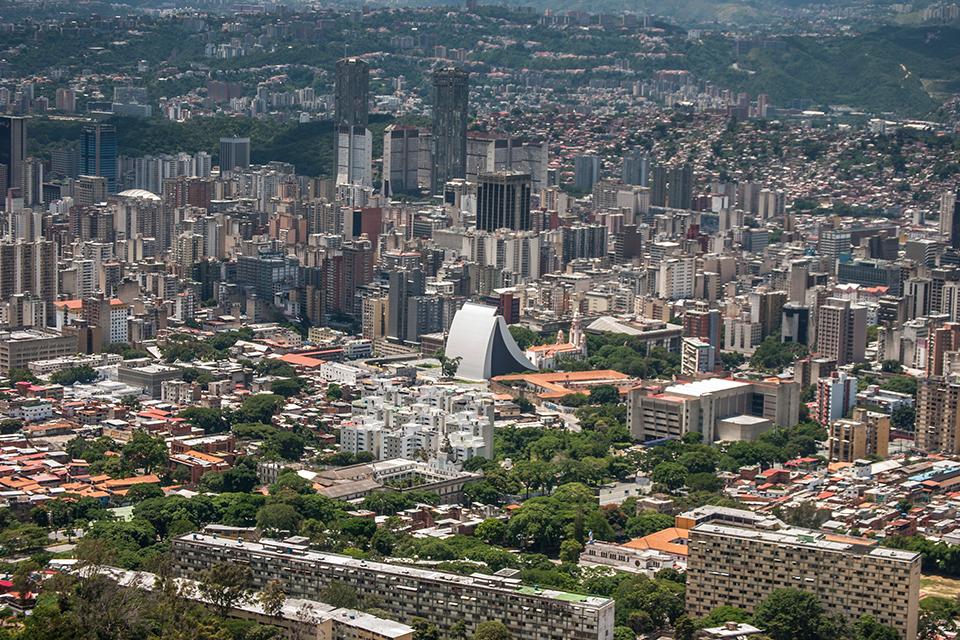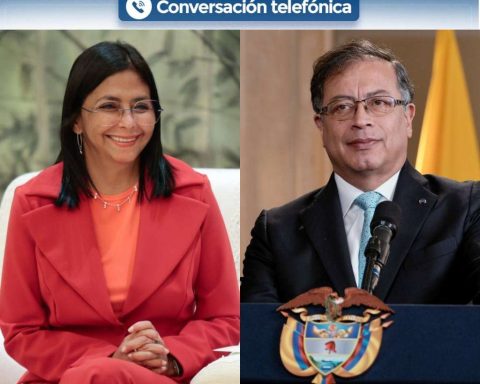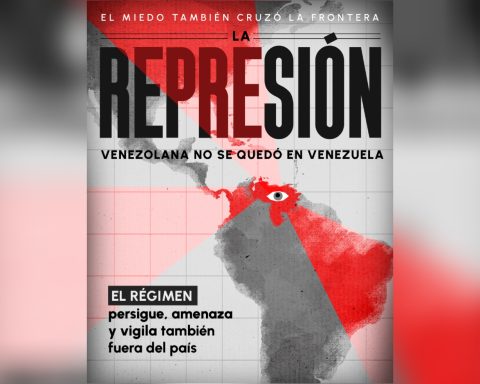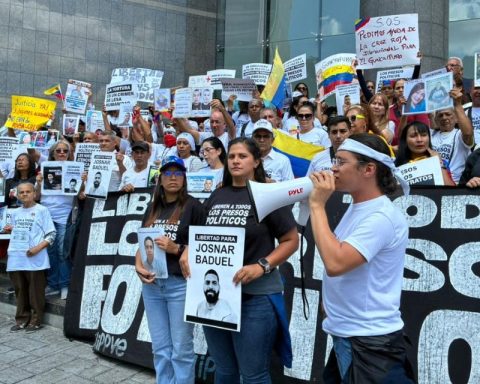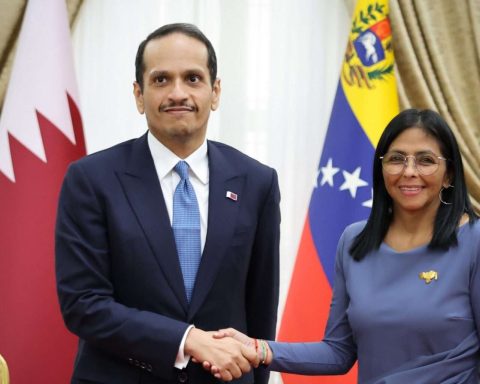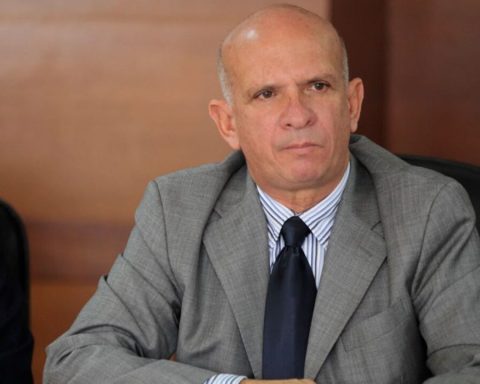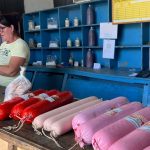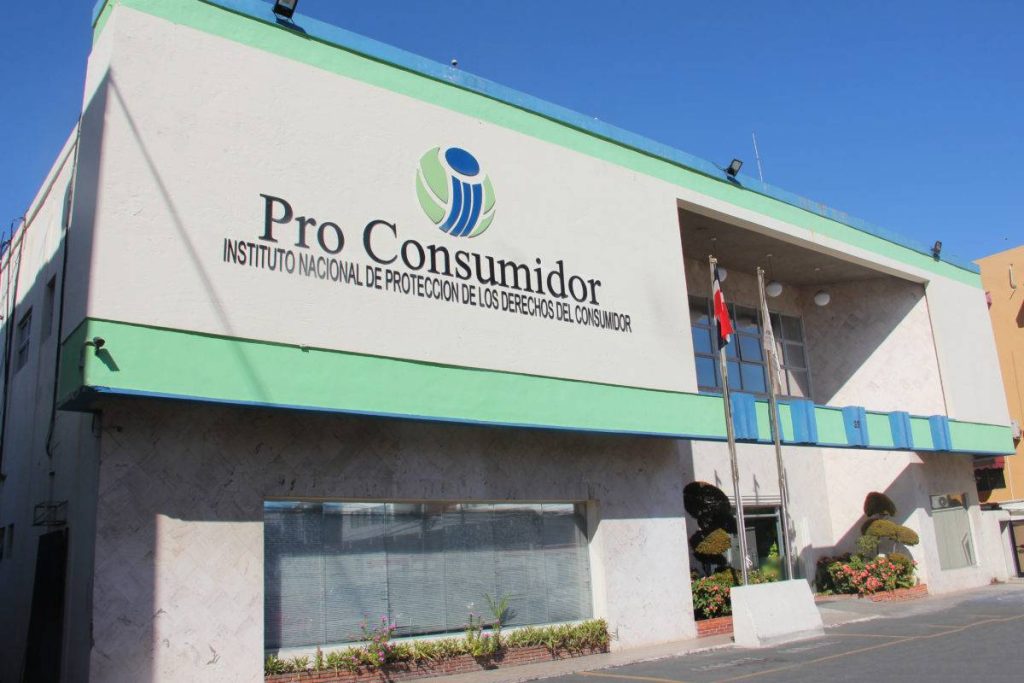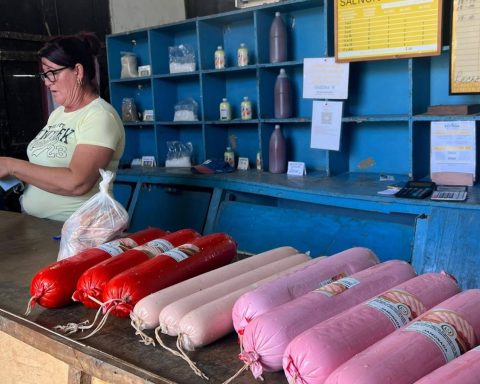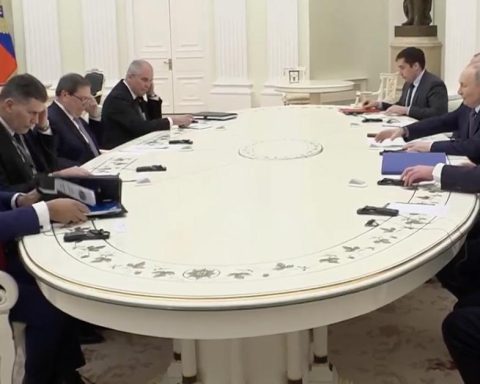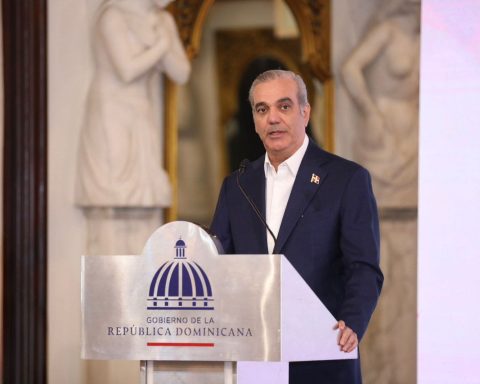The political climate remains among the five main problems facing private companies, as shown by a qualitative survey by Fedecámaras in the second quarter of this year. For some experts, the lack of institutionality is also key to the recovery of the economy.
Venezuelan companies are not immune to the political crisis that the country is going through, a situation that worsened at the end of July this year, following the presidential elections held on July 28.
Following the announcement of the results by the National Electoral Council, in which Nicolás Maduro was declared the winner – without presenting the disaggregated data – a political crisis arose with multiple protests, arrests and violent deaths.
Nicolás Maduro is moving forward with his goal of assuming a third term on January 10, 2025, despite questions about the electoral process and the international community’s demand that he present disaggregated results to corroborate the CNE’s announcement. In this context, a study presented by Fedecámaras indicates that The political crisis limits the operations of 13% of companies in the country.
The political climate remains among the five main problems facing private companies, according to a qualitative survey conducted by the Federation of Chambers and Associations of Commerce and Production (Fedecámaras) in the second quarter of this year.
Other factors affecting operations include bank financing, the macroeconomic environment, tax pressure and failures in public services.
*Read also: Fedecámaras estimates that growth will be 4.2% for the last quarter of 2024
In early August, the industrial sector’s supply chain was halted for around three days due to protests taking place in various parts of the country.
In recent years, specialists have repeatedly said that restoring institutionality in Venezuela is key to generating confidence and attracting investments, as well as raising growth projections in the economy, which fell 79% between 2013 and 2020.
On this subject, the president of the Venezuelan Banking Association (Asobanca), Pedro Pacheco, maintains that there is a degradation of institutions and that if the nation wants to be at the center of the world, it has to make large investments and has to have discipline.
“Without institutions, there is no way for this country to prosper, that is a certainty,” said Pacheco on Thursday, September 19, during the event “Strategies for Business Success” organized by Consecomercio.
Salaries in the private sector
Private sector workers earn an average of $183. The highest wages are in manufacturing, where workers earn $226, professionals earn $447, and managers earn $974.
Another niche with higher salaries is construction, where a worker earns $250, a professional $584 and a manager $741. While in the commercial sector a worker earns $152, a professional $292 and a manager $526.
Screenshot Qualitative Survey II Quarter 2024
Those who grew the most
Other data from the Qualitative Business Survey for the second quarter, which surveyed 131 trade unions in the country in August of this year, indicate that among the most contracted sectors are construction -2.2%, tourism -1.9% and real estate services -1.8%.
The sectors that grew the most were manufacturing (13%), communications and other services (6%), trade (2%), and agriculture (1.8%). Overall, the private economy grew by 4.9% in the second quarter of this year.
Foreign exchange transactions
The study indicates that 56% of companies on average made transactions in foreign currency in the second quarter of this year. The majority of foreign currency transactions were made in real estate services (84%), construction (70%), agriculture (61%), tourism (63%), trade (52%) and communications and other services (56%).
For companies, making transactions in foreign currency is more expensive because there is a 3% IGTF tax. In June, the IGTF was reduced to 0%, but only for payments in bolivars. Operations with foreign currencies continue to generate an additional tax for both individuals and companies.
Post Views: 598
